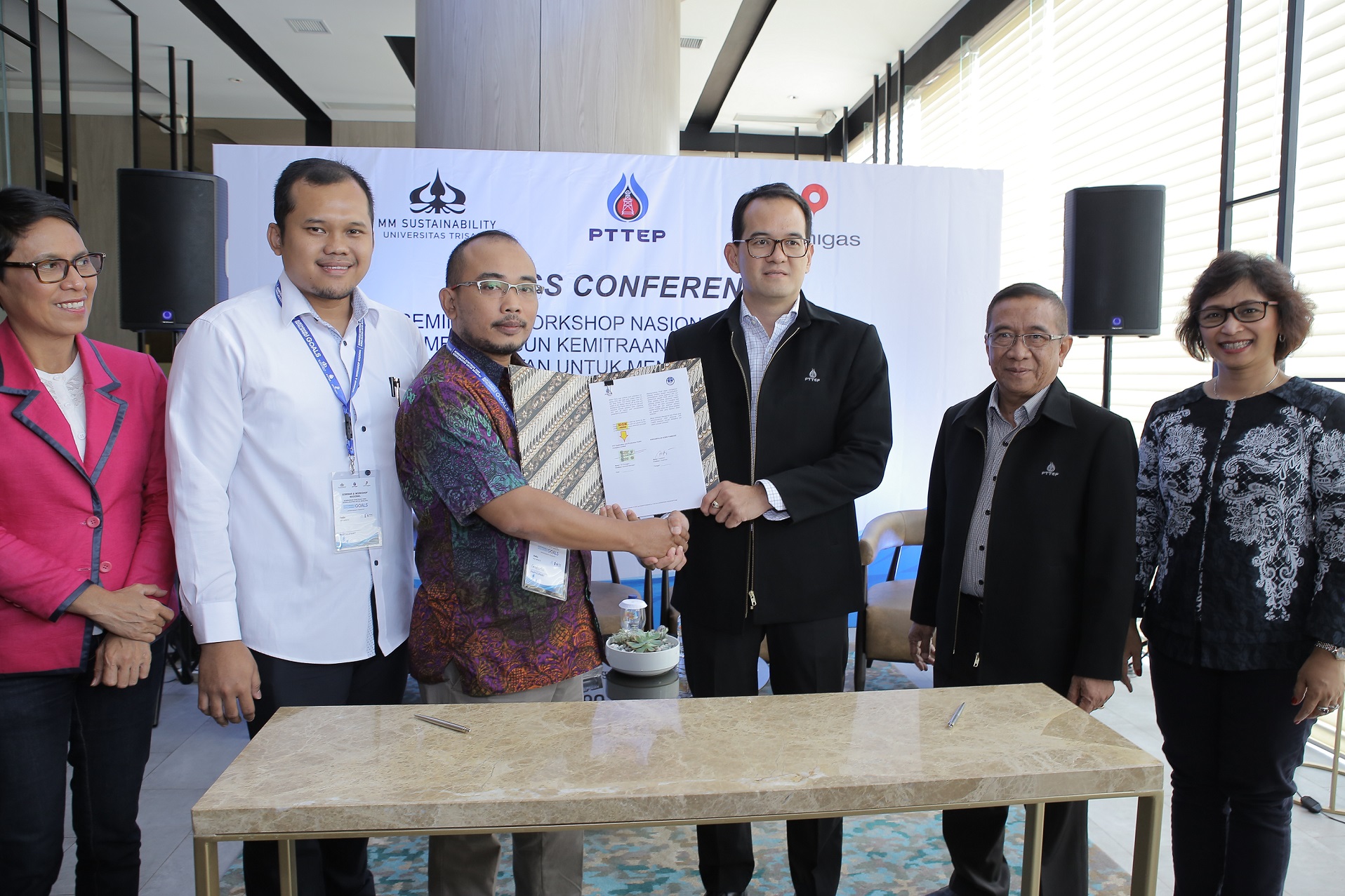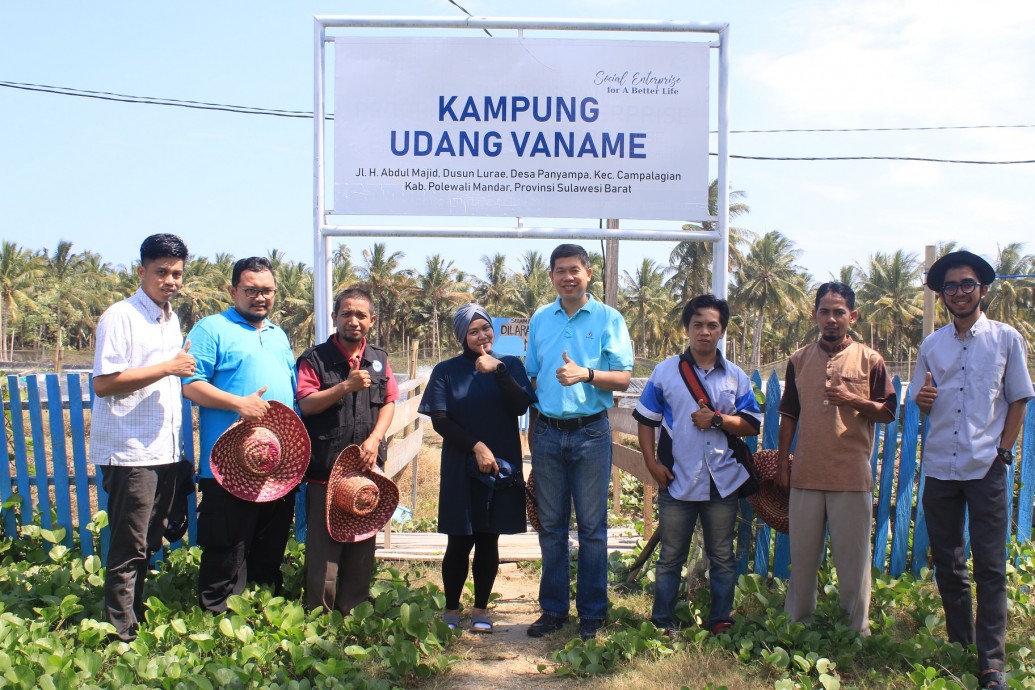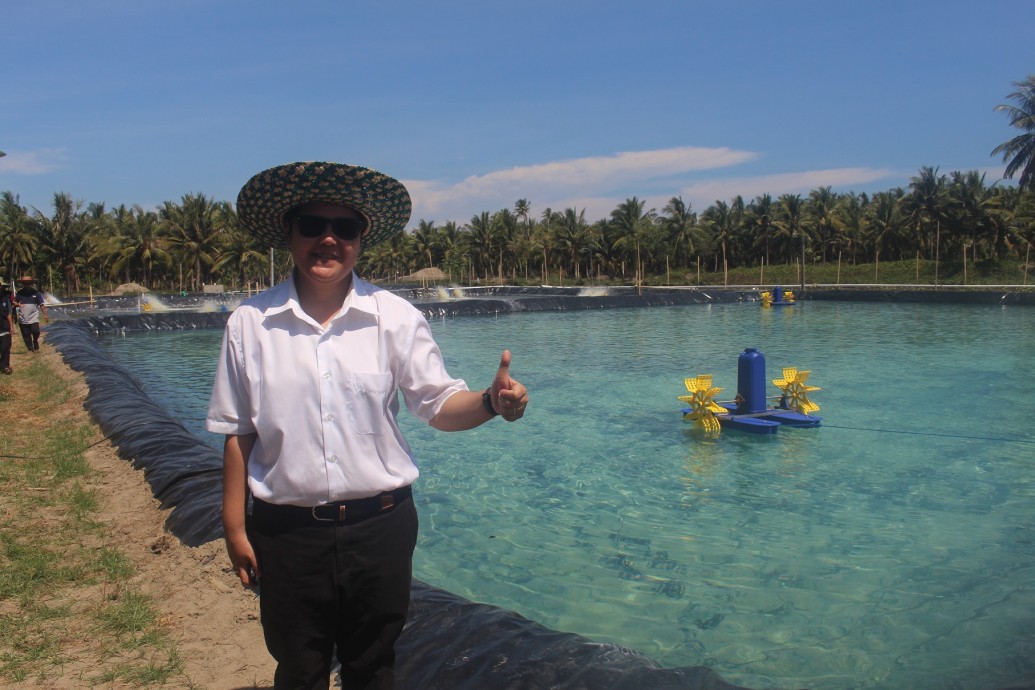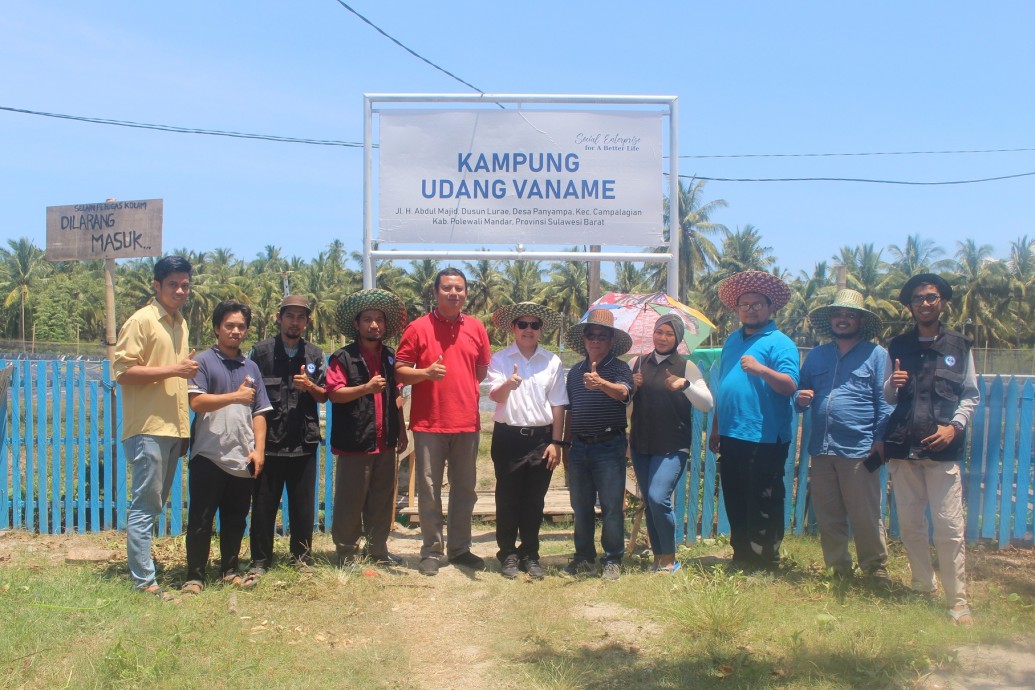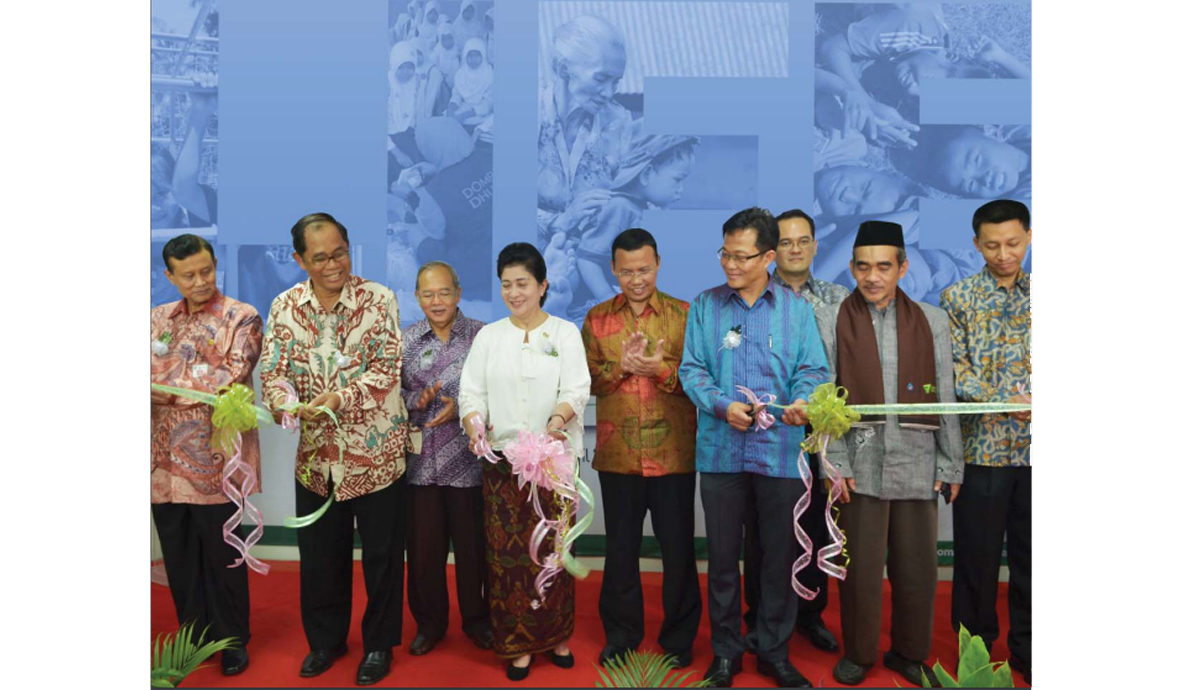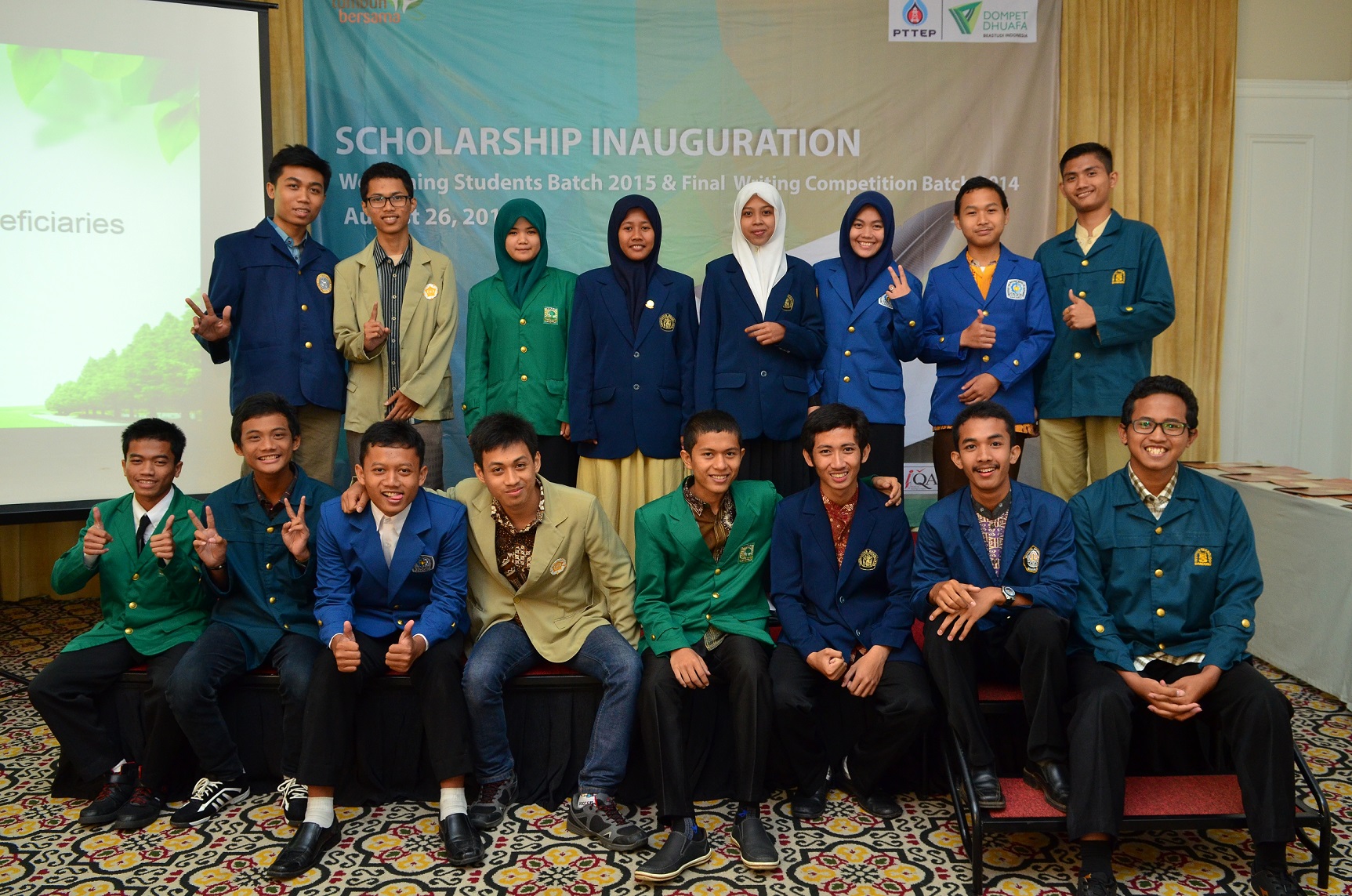
SOBIS PAMMASE ( Social Enterprise Program )
Latar Belakang
Indikasi keberhasilan yang paling signifikan untuk program pengembangan anak usia dini adalah kemampuan sekolah untuk mendanai kegiatannya sendiri di wilayah tersebut. PTTEP Indonesia tidak lagi beroperasi di wilayah Sulawesi Barat, oleh karena itu penting untuk mendukung keberlanjutan program SIOLA sebagai exit strategy dengan konsep kewirausahaan saat ini yang populer di masyarakat Indonesia.
Pada dasarnya, kewirausahaan sosial adalah ide untuk menyelesaikan masalah sosial dengan pendekatan bisnis yang maju.
Mengenai Program Ini
Menyadari pentingnya keberlanjutan untuk program pengembangan anak usia dini yang sedang berjalan di Sulawesi Barat, PTTEP Indonesia memprakarsai badan usaha sosial bernama Sobis Pammase. Sekali lagi pelopor untuk inisiatif semacam itu di Sulawesi Barat, program ini akan mengelola semua komoditas prioritas di Mamuju dan Polewali Mandar serta memasarkan produk-produk tersebut untuk mendapatkan keuntungan dan berbagi manfaat bagi masyarakat dan masyarakat pada umumnya.
Studi Kelayakan
Untuk memastikan bahwa konsep kewirausahaan sosial dapat diterapkan di Sulawesi Barat, khususnya di mana sekolah-sekolah SIOLA didirikan, sebuah studi kelayakan dilakukan pada akhir 2017. Studi ini dilakukan untuk memetakan potensi ekonomi masyarakat yang terlibat dalam bidang pertanian, perkebunan, dan perikanan.
Hasil: Berdasarkan hasil studi, ada beberapa komoditas yang layak diinvestasikan. Namun, setelah pertimbangan dan diskusi dengan manajemen PTTEP, perusahaan memutuskan untuk mendukung pemberdayaan udang vaname dan lebah trigona di wilayah Polewali Mandar, serta program unggas ayam dan bebek di 3 (tiga) lokasi di area Mamuju, sebagai dasar memulai usaha untuk program usaha sosial.
Seleksi Kemitraan Bisnis
Setelah menyelesaikan studi kelayakan dan membuat daftar unit bisnis yang paling cocok untuk didukung, langkah selanjutnya adalah mendirikan organisasi yang tepat untuk mengelola dan menjalankan program.
Mempertimbangkan berbagai pro dan kontra mengenai jenis organisasi, diputuskan bahwa asosiasi adalah yang paling tepat, karena tidak murni berorientasi bisnis dan anggaran dasar (peraturan yang mengatur asosiasi) dibuat sesuai dengan tujuannya, serta visi dan misi yang berdasarkan kebutuhan organisasi.
Perkumpulan Sobis Pammase
Perkumpulan Sobis Pammase secara resmi didirikan pada 6 Juni 2018 di Mamuju, Sulawesi Barat - Indonesia, sebagai asosiasi yang berfokus pada bisnis sosial sebagai sarana untuk mendorong program pengembangan anak usia dini (Program SIOLA) di Sulawesi Barat ke arah keberlanjutan.
Pada bulan September 2018, PTTEP Indonesia dan Sobis Pammase secara resmi menandatangani MoU mengenai kolaborasi untuk komoditas terpilih. Saat ini, perjanjian antara PTTEP dan Sobis Pammase telah diperpanjang hingga 2023 menjadi komitmen 5 tahun.
Visi:
Visi dari asosiasi ini adalah terwujudnya SOBIS PAMMASE sebagai entitas bisnis sosial yang profesional dan mandiri yang mampu memberikan kontribusi positif bagi pemberdayaan masyarakat.
Misi:
- Menjalankan tata kelola asosiasi ini secara profesional untuk mendukung pencapaian visi grup.
- Mengembangkan model kerjasama bisnis sosial yang terdiri dari produksi dan kemitraan pemasaran dengan harapan memiliki dampak ekonomi dan sosial.
- Meningkatkan keterampilan pelaksana bisnis sosial dalam menjalankan manajemen bisnis.
- Mendorong penguatan dan keberlanjutan program pengembangan masyarakat dari hasil kegiatan bisnis sosial.
Lingkup Asosiasi:
- Mengembangkan model asosiasi bisnis sosial untuk mendorong program pengembangan masyarakat.
- Memulai bisnis sosial baik untuk diterapkan sendiri atau melalui kerja sama dengan anggota.
- Mengembangkan dan mendorong kegiatan bisnis berbasis sumber daya lokal dan pengembangan pasar.
- Meningkatkan kapasitas manajerial bisnis sosial.
Struktur Organisasi
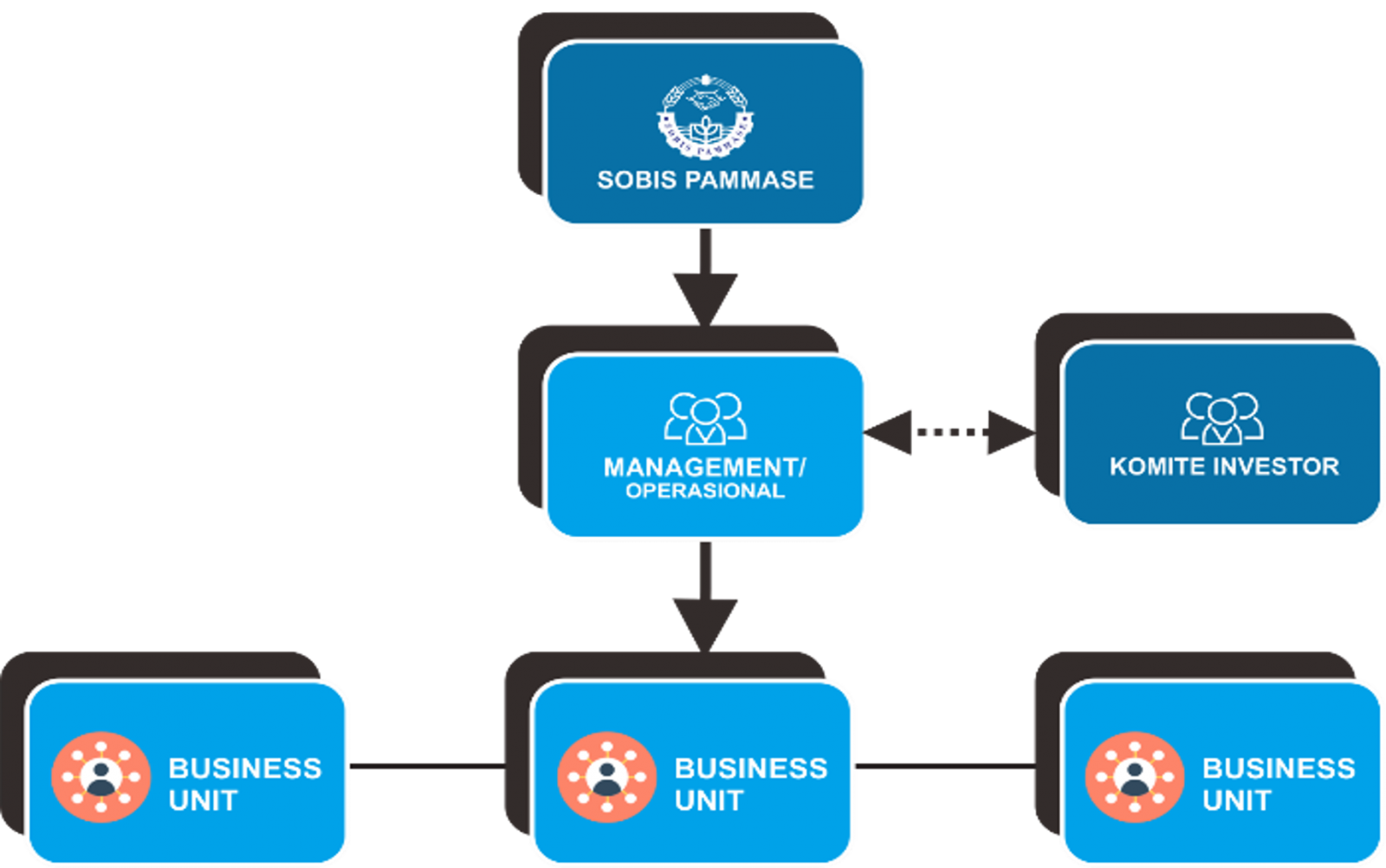
Peran
PTTEP Indonesia sebagai investor, termasuk memantau, dan mengevaluasi kinerja semua pemangku kepentingan terkait yang mengambil bagian dalam program ini (SOBIS PAMMASE, komunitas bisnis, komunitas SIOLA).
SOBIS PAMMASE sebagai pihak pelaksana, juga mencakup pemantauan, pendampingan dan bimbingan kepada komunitas bisnis untuk menjalankan unit bisnis sesuai rencana dan memastikan program menghasilkan hasil yang memuaskan. Tanggung jawab lain adalah untuk memastikan bahwa sebagian dari pendapatan akan kembali ke program pengembangan masyarakat, dengan SIOLA sebagai prioritas.
Unit Bisnis melakukan bisnis dengan membangun fasilitas sesuai dengan kondisi dan kemampuan mereka dan menjalankan program bisnis agar berhasil dan hukuman akan dikenakan jika tidak memenuhi komitmen yang dinyatakan dalam perjanjian.
Unit Bisnis Sobis Pammase
- Tambak Udang
Campalagian, Kabupaten Polewali Mandar
Udang vaname banyak dibudidayakan sebagai komoditas ekonomi oleh masyarakat lokal di Kecamatan Campalagian di Kabupaten Polewali Mandar. Produk udang segar harus memasok permintaan ekspor 200 ton/musim, serta kebutuhan pasar domestik. Usaha budidaya udang merupakan salah satu komoditas unggulan yang potensial dengan perhitungan bisnis yang layak.
- Peternakan Ayam
Tapalang, Kabupaten Mamuju
Kalukku, Kabupaten Mamuju
Jenis ayam yang akan dikembangkan di sini adalah Ayam Kampung Balitnak, yang dikenal karena proses budidaya yang cepat dibandingkan dengan ayam lokal. Ayam kampung telah menjadi alternatif produk unggulan dengan tingkat permintaan daging dan telur yang tinggi. Kabupaten Tapalang dan Mamuju memiliki sumber daya yang luas seperti pakan, saluran pemasaran dan petani yang cukup untuk memulai integrasi peternakan dan penggemukan ayam. Produk utamanya adalah DoC (Day of Chicken), telur, dan daging.
- Peternakan Bebek
Sampaga, Kabupaten Mamuju
Bebek telah menjadi alternatif produk unggulan dengan tingkat permintaan daging dan telur bebek yang tinggi. Desa Sampaga memiliki sumber daya yang memadai seperti pakan, saluran pemasaran dan petani, untuk memulai pembibitan dan penggemukan bebek. Produk utamanya adalah DoD (Day of Duck), telur dan daging. Permintaan pasar untuk telur dan bebek per bulan cukup tinggi.
- Budidaya Lebah Trigona
Lemo, Kabupaten Polewali Mandar
Lebah madu trigona memiliki kelebihan terkait kemudahan budidaya; lebih produktif, tidak menyengat, dan mudah dipelihara. Lebah Trigona menghasilkan madu 7 liter per tahun tetapi juga memproduksi bahan baku propolis. Ekstrak propolis bermanfaat sebagai obat dan suplemen. Lebah juga ramah lingkungan. Daerah Polewali Mandar adalah lokasi yang ideal karena memiliki sumber daya tanaman dan bunga yang cukup. Lebah madu adalah salah satu prospek yang menjanjikan yang dapat dikembangkan untuk ekonomi masyarakat sekitar.
Click Link to PTTEP Indonesia CSR Annual Report 2016 - 2019 Book
